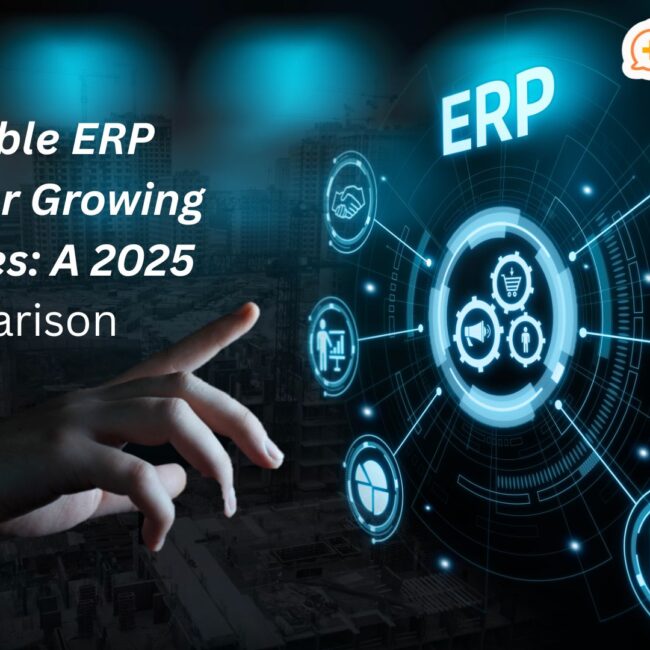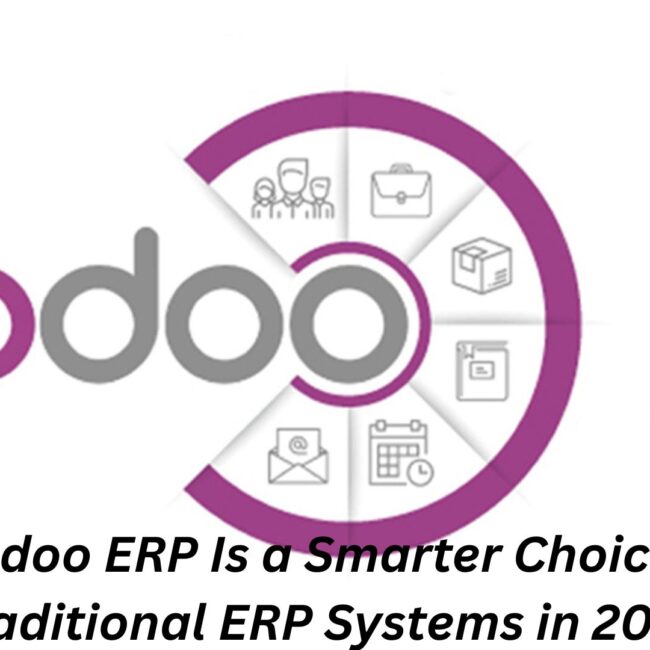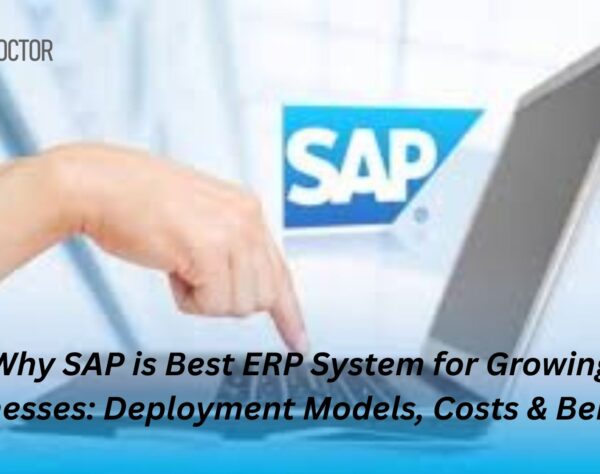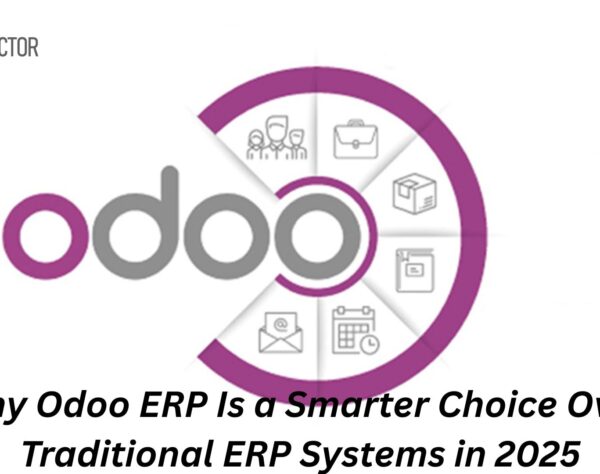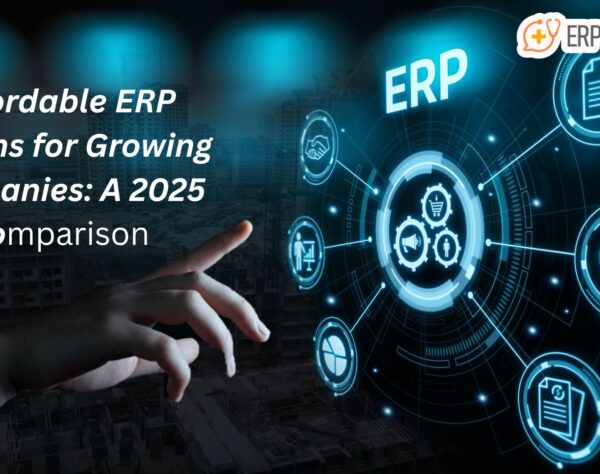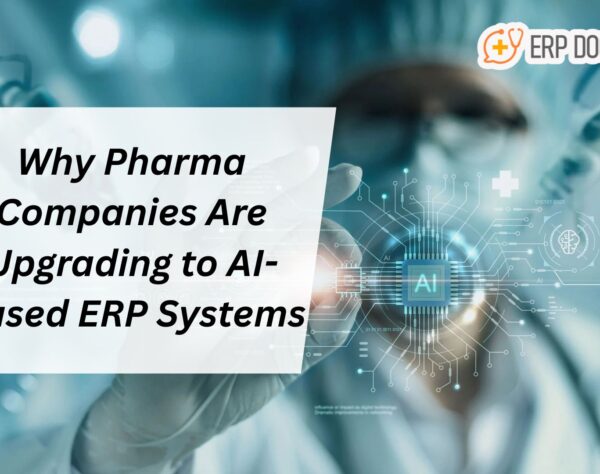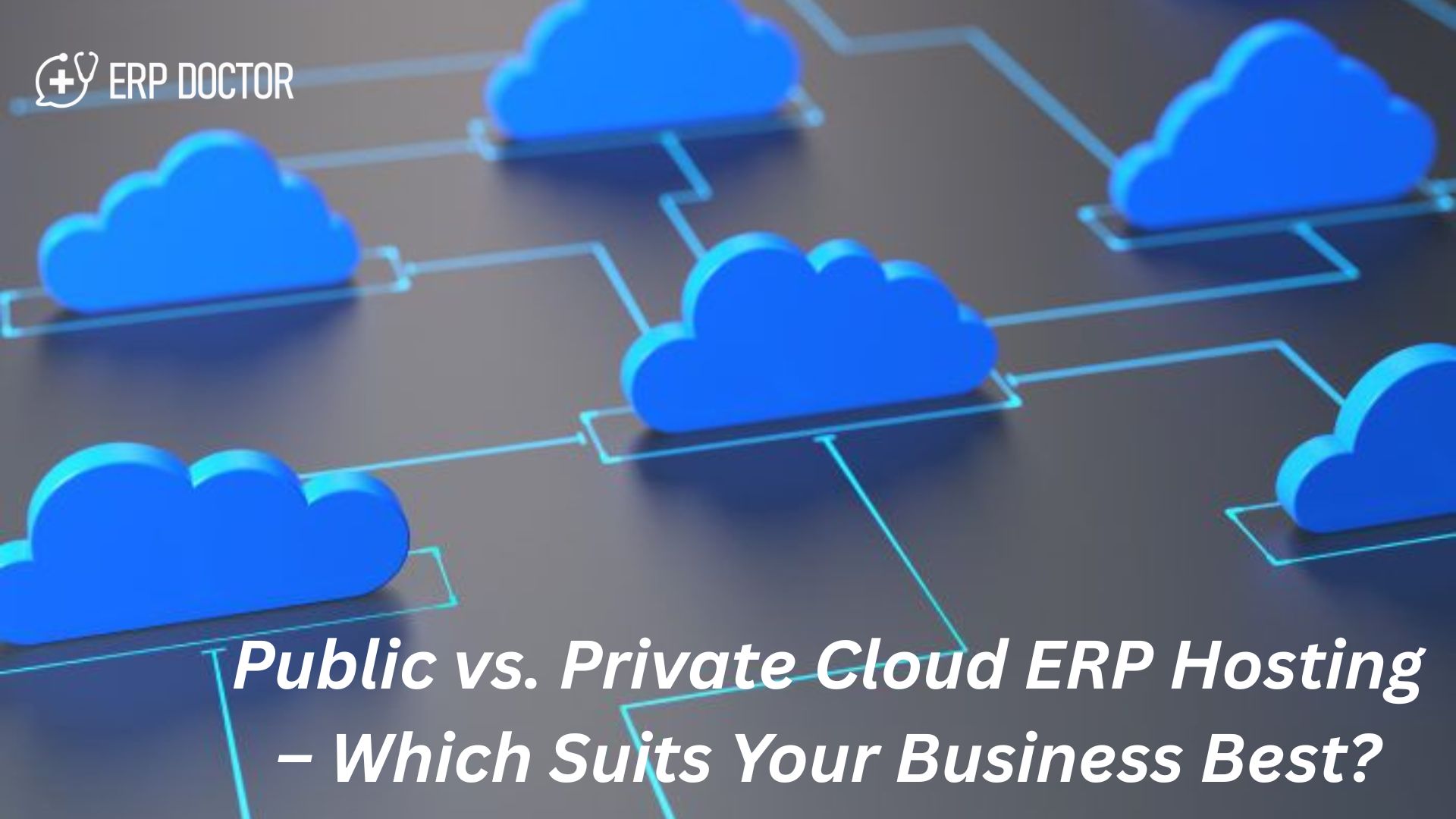
Public vs. Private Cloud ERP Hosting – Which Suits Your Business Best?
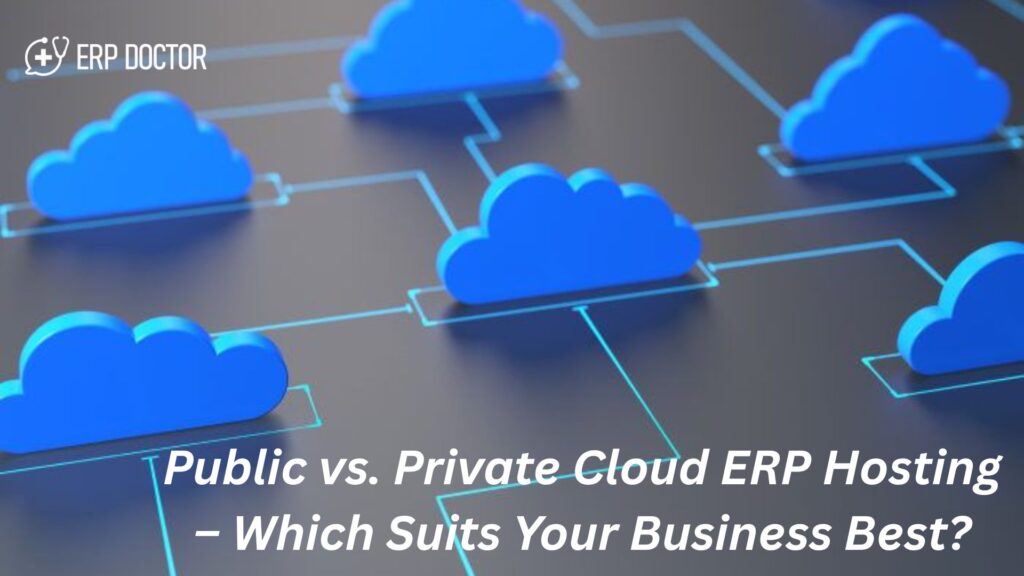
How to Pick the Best Cloud Model for ERP Hosting: Private or Public?
When it comes to ERP (Enterprise Resource Planning) hosting, one of the most important decisions is choosing the right cloud model. Should you go with a public cloud for its affordability and scalability, or opt for a private cloud for more control and security?
This blog will help you understand the pros, cons, and best use cases for both—so you can make a smarter decision based on your business needs.
🧱 What Is a Public Cloud?
A public cloud is a shared cloud environment offered by providers like AWS, Google Cloud, or Microsoft Azure. You rent the infrastructure, and the provider handles all the maintenance, updates, and security.
✅ Benefits:
- Cost-effective: Pay only for what you use.
- Scalable: Easily add or reduce resources.
- Fast Deployment: Go live quickly with minimal setup.
- No Maintenance Hassle: The provider takes care of everything.
⚠️ Considerations:
- Less control over the environment.
- Shared infrastructure with other users.
- May not meet strict compliance or data residency laws.
🔐 What Is a Private Cloud?
A private cloud is a dedicated environment built exclusively for your business. It can be hosted internally or by a third-party provider but is not shared with other companies.
✅ Benefits:
- Greater Control: Full access to configurations and system management.
- Enhanced Security: Better suited for sensitive data and regulated industries.
- Customization: Tailored to your specific ERP needs.
⚠️ Considerations:
- Higher upfront and maintenance costs.
- Requires internal or specialized IT support.
- Less flexibility to scale instantly.
⚖️ Quick Comparison: Public Cloud vs. Private Cloud
| Feature | Public Cloud | Private Cloud |
|---|---|---|
| Cost | Lower, pay-as-you-go | Higher, fixed investment |
| Scalability | Instant & on-demand | Limited, slower to scale |
| Security & Control | Standard security, shared control | High security, full control |
| Customization | Limited | Highly customizable |
| Compliance | May not meet all regulations | Suitable for compliance-heavy industries |
🏢 Which One Is Right for You?
Choose Public Cloud if:
- You’re a startup or SMB with fluctuating workloads.
- You want to avoid high IT infrastructure costs.
- Speed and simplicity matter more than customization.
Choose Private Cloud if:
- You handle sensitive data (healthcare, finance, etc.).
- You need total control over your ERP system.
- Regulatory compliance is a top concern.
Consider Hybrid Cloud if:
- You want the flexibility of public cloud with the control of private cloud.
- You have mixed data—some critical, some not.
- You’re scaling and need a future-proof solution.
🙋♂️ Frequently Asked Questions (FAQs)
1. Is a public cloud secure enough for ERP systems?
Yes, public clouds have strong security protocols, but since the infrastructure is shared, it’s less customizable than private clouds. Sensitive industries may prefer private setups for tighter control.
2. Can I switch from public to private cloud later?
Absolutely. Many businesses start with public clouds for cost efficiency and migrate to private or hybrid setups as they grow or need more control.
3. Is private cloud always more expensive?
Not always. While the upfront cost is higher, long-term private cloud hosting may become cost-efficient for businesses with steady usage and tight compliance requirements.
4. What is a hybrid cloud, and is it worth it?
A hybrid cloud combines both public and private environments. It’s ideal for businesses needing both flexibility and control—e.g., using public cloud for general operations and private cloud for finance or HR.
5. Which cloud model works best with SAP Business One or Odoo?
Both ERP systems can be hosted on either. Public cloud is great for quick scaling, while private cloud ensures better data sovereignty. The decision depends on your budget, compliance, and customization needs.
🚀 Final Thoughts
Choosing between a private or public cloud for your ERP hosting is not just a tech decision—it’s a strategic one. Think about your growth plans, compliance needs, IT resources, and the level of control your business demands.
Need help choosing the right cloud strategy for your ERP? Talk to our experts at ERP DOCTOR.


